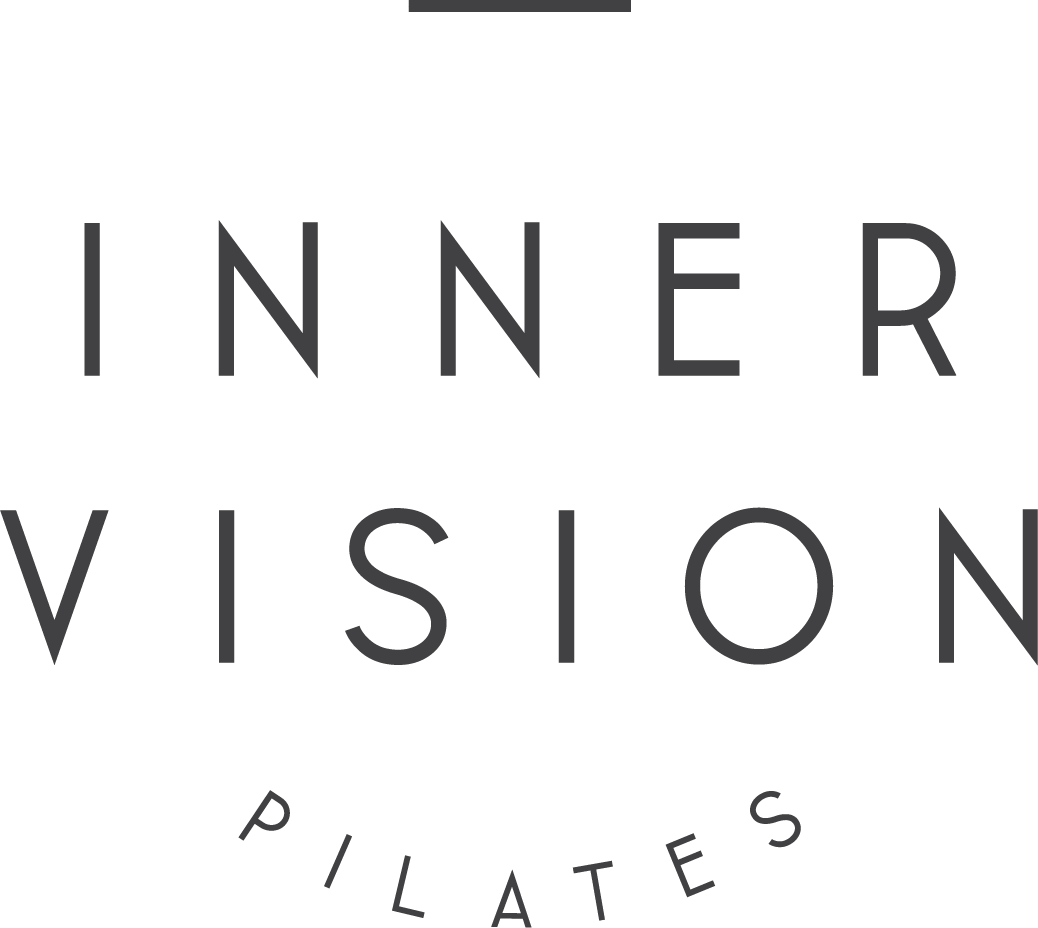What Keeps You Motivated? How to Create a Healthy Daily Routine
During the COVID-19 pandemic, it’s definitely not uncommon to fall out of our normal routine and feel slightly unmotivated while spending more time inside. With new life challenges, we can sometimes slip back into unhealthy habits. However, by staying focused on our long-term goals and creating short-term daily habits, we can sustain health and wellbeing even in times of crisis. Our team at IV Pilates have outlined some key reasons why developing a daily routine through these times of uncertainty not only helps keep us motivated, but optimises both physical and mental health.
The importance of individual routine
Daily rituals and routines are important during stressful periods because they help us feel more in control and centered. By focusing solely on ourselves and what we want to accomplish in the future, we can develop an internal sense of motivation. The key is to pick daily habits that we know will lead us on the right track to our goals. If you’re struggling to take the first step to create a healthy routine, remind yourself that these changes aren’t going to happen overnight. By taking action steps each day, you are working towards long-term change. Once you overcome a mindset block, you’ll start to develop a pattern that becomes automatic. Remember that motivation develops as a result of action. By avoiding procrastination and actually getting started on what it is we want to change, we create internal inspiration and momentum to carry out these changes on a daily basis.
Healthy habits need to have purpose
In order to make a habit stick, you need to understand the purpose behind doing it. If you start to add a daily habit (i.e. meditation) without appreciating the reason for incorporating it, it’s unlikely you’ll stick to it long-term. Ask yourself what it is you want to adopt in the next 2-4 weeks and what daily changes you can make to ensure this occurs. A key component to developing a routine that sticks is to pick realistic goals and habits for yourself that you know you can start off with. Do not base your daily habits on someone else’s opinion. If your goal is weight loss, the focus should be to create small changes to your daily routine that you know will bring you closer to your personal long-term goal.
Healthy habits should be specific and actionable
Research shows that repetition of specific and simple actions in a consistent context leads to that action becoming automatic. If you want to incorporate meditation into your daily routine, pick 10 minutes at a consistent time of day to practice. Researchers also recommend incorporating new daily habits together so that they become more of an extensive routine and easier to remember. For example, if you aim to do a meditation practice mid-day, plan to prepare a healthy lunch immediately following this. Another example is cutting out late-night snacking by picking the same time of day to cut off eating. In doing so, we automatically create an internal sense of awareness about our hunger cues and avoiding mindless snacking in the evening.
Additionally, rather than overwhelming yourself with an entire list of new daily habits, start small and pick 2-3 habits. Once you’ve mastered these over a period of 2-3 weeks, you can start to incorporate additional ones. The key is adherence, if you’re struggling with 2-3 new habits, that’s okay! It’s best to focus on a few quality changes to daily lifestyle before adding in new habits.
Suggestions for a healthy morning routine:
Hydration
20-30 minutes of exercise (pilates, stretching, yoga, walking, at-home workout, online PT)
Positive affirmations upon awakening to boost mood and self-esteem
Schedule a healthy breakfast at the same time of day
There are a number of health benefits to developing a routine
Research suggests that developing a daily morning routine allows us to be more productive and motivated throughout the day. It is a simple and practical way to make sure you’re taking small steps each day to stay aligned with your goals and aspirations.
When we develop a consistent daily pattern of sleeping, eating, and exercise, we start to develop improvements in our focus, attention, and energy. A regular routine creates rhythm and makes it easier to flow through the day with a clearer mind. It also has been shown to reduce the stress hormone cortisol, which in turn can improve mental health, lessen anxiety, and keep our immune system strong. Routines also allow for better sleep, as we feel a sense of accomplishment when we stay consistent with our daily habits and work towards a long-term goal.
Make the commitment to yourself to make these changes. Not only will it make you feel more fulfilled on a regular basis, but it will also allow you to develop an internal sense of confidence that you CAN create healthy lifestyle habits.
Top tips to create a healthy routine:
Schedule your new habit at the same time of day
Write down your new habits in a calendar
Reward yourself for consistently sticking to a new habit
If possible, schedule your new habits in the morning



